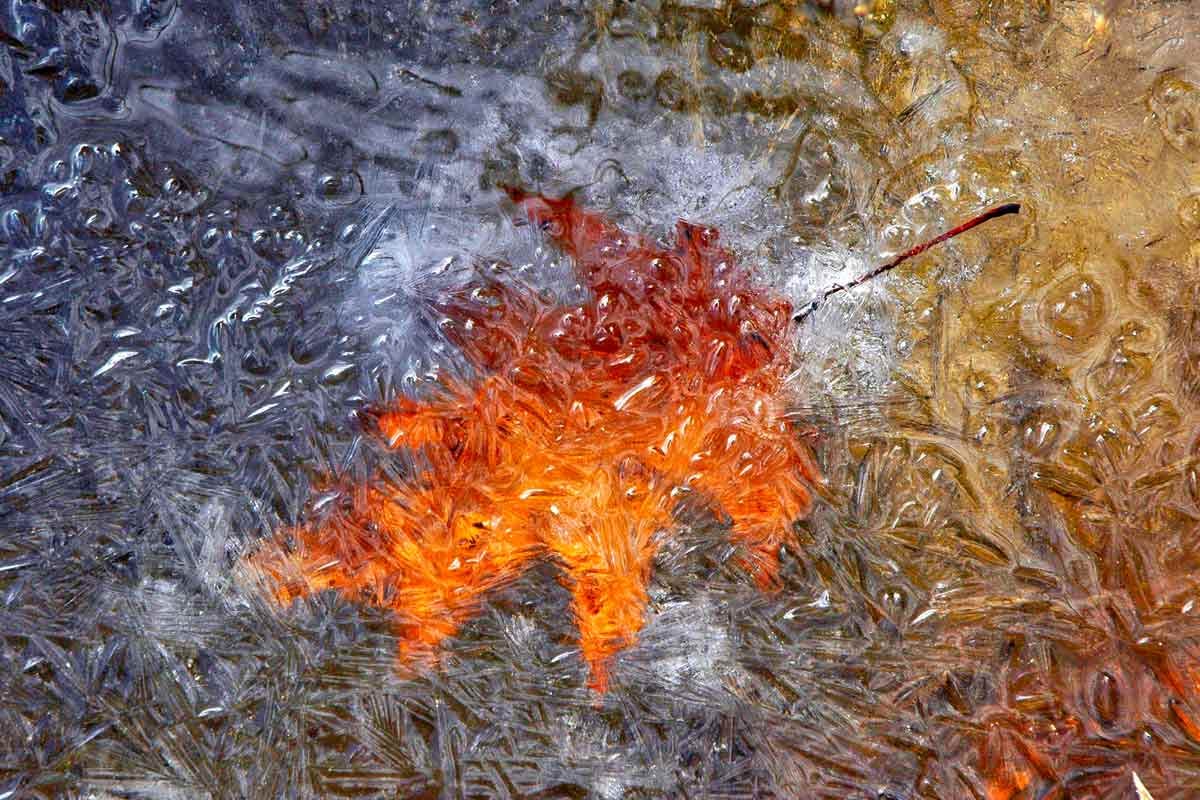And so it comes around once again: the passing of the winter solstice, after which, for reasons I don’t understand and with effects I do not consciously call into action, I manage to stay focused and “go somewhere” during the short days of winter, at least with writing projects.
During this winter-to-spring period in 2006 and 2009, the bulk of the pulling together of my two books happened so that by April of those years, I was holding the completed project, between covers, and in my hands. The sparseness of the landscape in winter is somehow conducive to focus energies near the woodstove. Damn, I miss the woodstove.
I am most definitely not expecting that burst of house-bound energy will happen in this or whatever future post-ecliptic bleak midwinters there are to come for me at the keyboard. I do, however, manage to keep Fred out of trouble by having lots of interesting things to read and think—if not write—about. I share a just few below, so as to shake the bushes and let you know I still have a heartbeat.
► What happens when the Internet disappears?
This is not a trivial question. And this is a dense article that asks hard questions for authors, historians and researchers of all kinds.
Digital knowledge, history, raw data, scientific literature, and most all of our billions of collected words about this generation’s here-and-now are being lost. Shuttered websites and discontinued but not archived data stores of academic science and other disciplines are being abandoned.
The Internet, it turns out, is NOT forever:
We live in a content era, the creator economy, in which everyone and their grandparent has turned into a “content creator.” We are watching the internet slip away as websites and apps rise and fall, swallowed by private equity, shuttered by burnout, or simply frozen in time — taking with it our memories, our cultural phenomena, our memes.

I often enjoy the rabbit holes as much as the intended prey I thought would be my take-home “content”. From the article above, the following reference:
“Much like the British tossing papyrus and mummies into the hungry maws of steam engines, we are destroying history and culture to fuel the empire, and the empire is profit.”
It seemed that this historical claim was more than hyperbole. Mummies as dry kindling for the progress of man. Yeah that sounds about right. And from there, I wandered way off into the weeds, this one article (and one extra) should suffice, from the Science History Institute Museum and Library:
► Mummies and the Usefulness of Death
The eating of Egyptian mummies reached its peak in Europe by the 16th century. Mummies could be found on apothecary shelves in the form of bodies broken into pieces or ground into powder. Why did Europeans believe in the medicinal value of the mummy? The answer probably comes down to a string of misunderstandings
…Scholars now refer to human-derived drugs generally as corpse medicine, which in early modern Europe included blood, powdered skull, fat, menstrual blood, placenta, earwax, brain, urine, and even feces. Richard Sugg, author of Mummies, Cannibals and Vampires: The History of Corpse Medicine from the Renaissance to the Victorians, writes, “For certain practitioners and patients there was almost nothing between the head and feet which could not be used in some way.”
See also: Egyptian Mummies: From Medicine to Paint
And lest I wear out my welcome, I offer just one more from my reading list— on the increasing use of psychedelics for end-of-life transitions.
I almost but not quite had this kind of enhanced experience last summer (but no). And so I will follow this thread with interest in our current setting 800 miles west, amongst our elder-neighbors, to one degree or another, trudging with their walkers towards this threshold and transition in life.
► Life-Changing’ Psychedelics, for When Life Is Ending NYTimes
Those who can afford the $2,000 treatments have been flocking to psilocybin clinics in Oregon, the only state besides Colorado where they can legally operate. (Colorado’s psilocybin program begins in 2025.) Many more have been trying ketamine in their therapist’s office or at home.
…“I was shocked because it was a huge part of psychiatry hidden in plain sight,” he said. “It taught me something I had not learned in my medical training, which was to help people have a good death. In medicine, we’re trained to fight disease and never give up.”
So at last, the toughest year yet for wife and me leaves the building. I am not sorry to see it go, except that any year above the turf, they say, is a good one.
And why not end with a recent iPhone shot of the uncooperative Canada Geese on an icy pond adjacent to campus here. Now that I know that some of the formations flying overhead at all hours of the day are settling down so close to home, I will go back to observe and maybe snap a few more.
NOTE TO FRED : Careful where you walk and sit near the pond for more photos. These fowl are NOT dainty or discrete.

~ Aldo Leopold
 – Fred First is an author, naturalist, photographer watching Nature under siege since the first Earth Day. Cautiously hopeful. Writing to think it through. Thanks for joining me. Subscribe to My Substack HERE
– Fred First is an author, naturalist, photographer watching Nature under siege since the first Earth Day. Cautiously hopeful. Writing to think it through. Thanks for joining me. Subscribe to My Substack HERE
